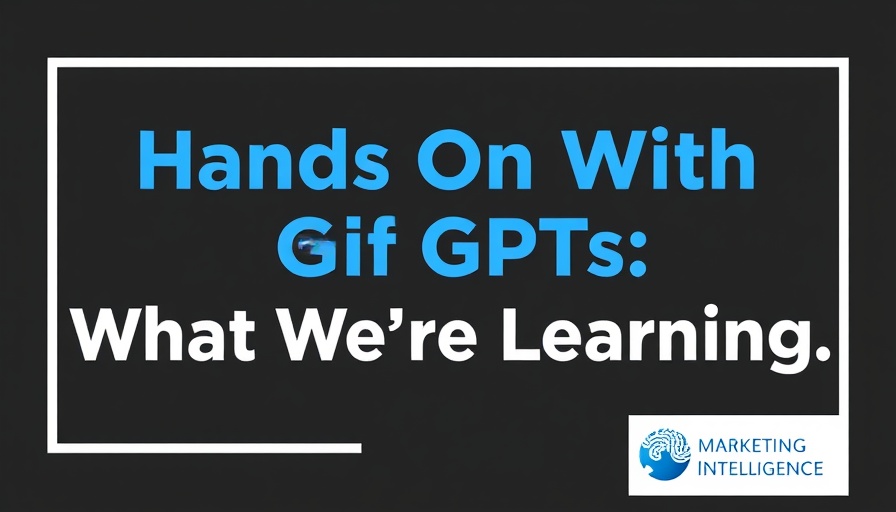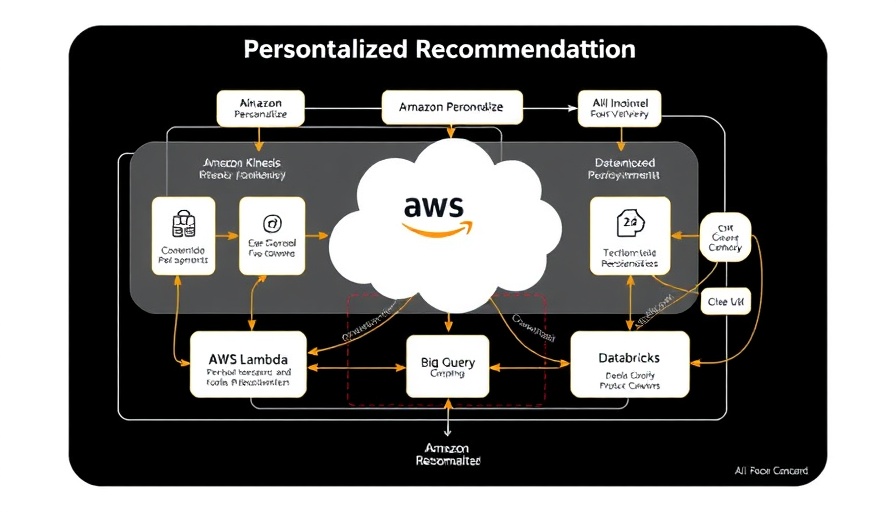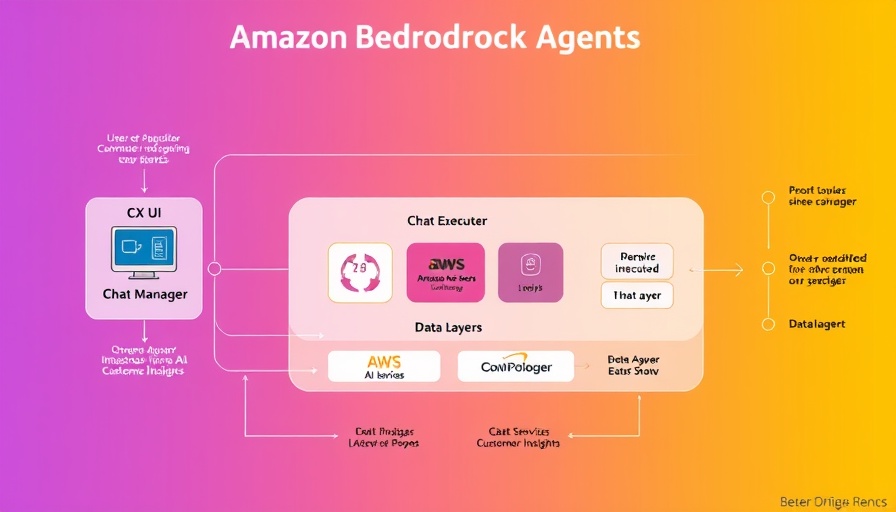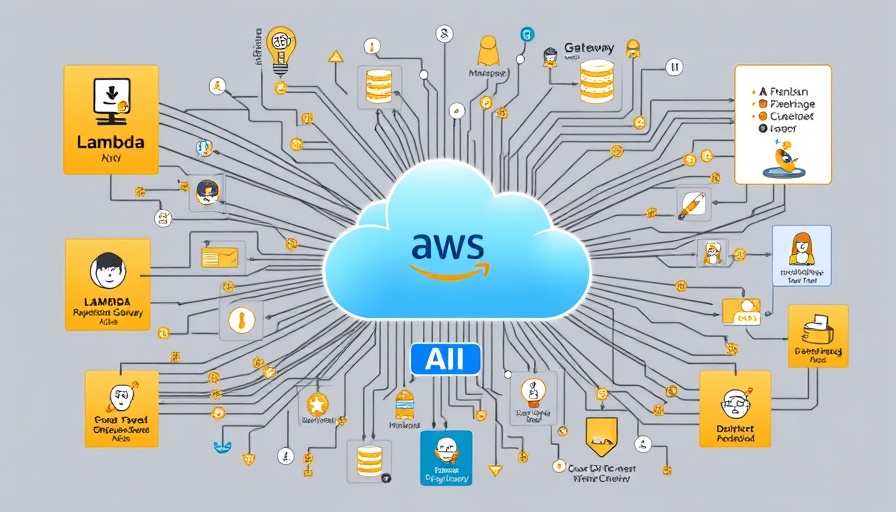
The AI Scaling Dilemma: Are We Truly Stuck?
The world of AI has always thrived on the promise of scaling laws – the idea that with more computing power and data, AI models can grow smarter and more efficient. However, recent whispers from major tech giants like OpenAI, Google, and Anthropic suggest a brewing conundrum – have we hit a plateau in AI scaling? Despite these claims, industry insiders are quick to dismiss any fears of stagnation.
Current Challenges with Scaling Laws
Leading technology companies are heavily investing in next-generation AI models such as OpenAI's Orion, Google's Gemini, and Anthropic's Claude 3.5 Opus. Despite these efforts, they face the dilemma of diminishing returns, where improvements require substantial increases in resources without a comparable boost in model performance. This drop-off is potentially linked to a shortage of high-quality training data and the skyrocketing costs of necessary computations.
Inside Perspectives and Counterarguments
Prominent voices in the AI domain, including OpenAI's CEO Sam Altman, counter these claims by stressing that the ceiling of scaling laws has not been reached. Google DeepMind's benchmarks show promising advancements, challenging the notion of a slowdown, while AI veterans advise caution and critique the premature negativity surrounding AI’s potential.
Future Predictions and Trends: What's Next for AI
Looking ahead, AI's trajectory is likely to continue evolving. Innovations like more efficient algorithms, smaller yet smarter models, and breakthroughs in alternative data sources may redefine scaling laws as we know them. For marketing leaders interested in leveraging AI, staying informed on these trends can prime them for future opportunities and challenges, ensuring they remain competitive and relevant in their fields.
Unique Benefits of Understanding AI Scaling
Understanding the nuances of AI scaling laws equips marketing executives with insights that can shape strategic decisions. A grasp of current discussions allows for informed adoption of AI, better budget allocation for tech investments, and the foresight needed to navigate the rapidly changing landscape of artificial intelligence-driven marketing.
 Add Row
Add Row  Add
Add 




Write A Comment